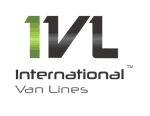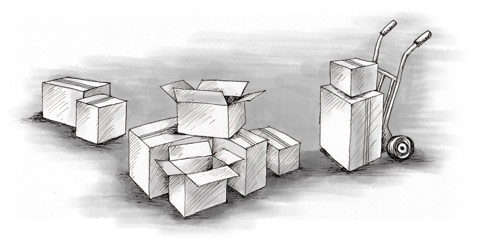Meat/fish heavy diet
Unfortunately for vegetarians and vegans, Korean food is very meat and fish heavy. Completely meat/fish/seafood-free dishes are not common and dishes advertised as vegetarian often have meat/fish in their sauce or stock. Check out these useful Korean phrases to express you don’t eat meat and get a meat-eating friend to taste test your food before digging in.
Language barrier
Even though English is widely taught in South Korea, some of the population have a very limited level, especially outside the main cities. Also, reading road and metro signs, labels in supermarkets, menus in restaurants etc. will be next to impossible if you don’t know any Korean. To make communication and everyday life a bit easier, it’s a good idea to take some Korean lessons before you move. The Hangul alphabet is phonetic and only has 24 characters, so it doesn’t present the same challenge as Chinese or Japanese with their thousands of unique characters.
Small sizes
Clothes bigger than a European 40 and shoes above a European size 40/43 (women/men) are hard to find in South Korea. If this applies to you, take clothing with you.
Cooking without an oven
Don’t be surprised if your new home does not have an oven. A rice cooker and barbecue grill plate tend to replace the staple of a Western kitchen, encouraging expats to embrace the local diet. If you can’t survive without one, convection and microwave ovens are widely accessible online or you can take one with you. An international moving company can transport items like this (as well as everything else) and deal with the customs paperwork.
Lack of deodorant
As strange as this may sound, deodorant is not common place. Scientific studies have shown that Koreans (and other East Asians) do not need deodorant as they lack the ‘smelly armpit gene ’. Deodorant is therefore both hard to find and very expensive so it's best to stock up and bring it with you.




